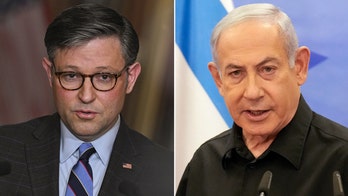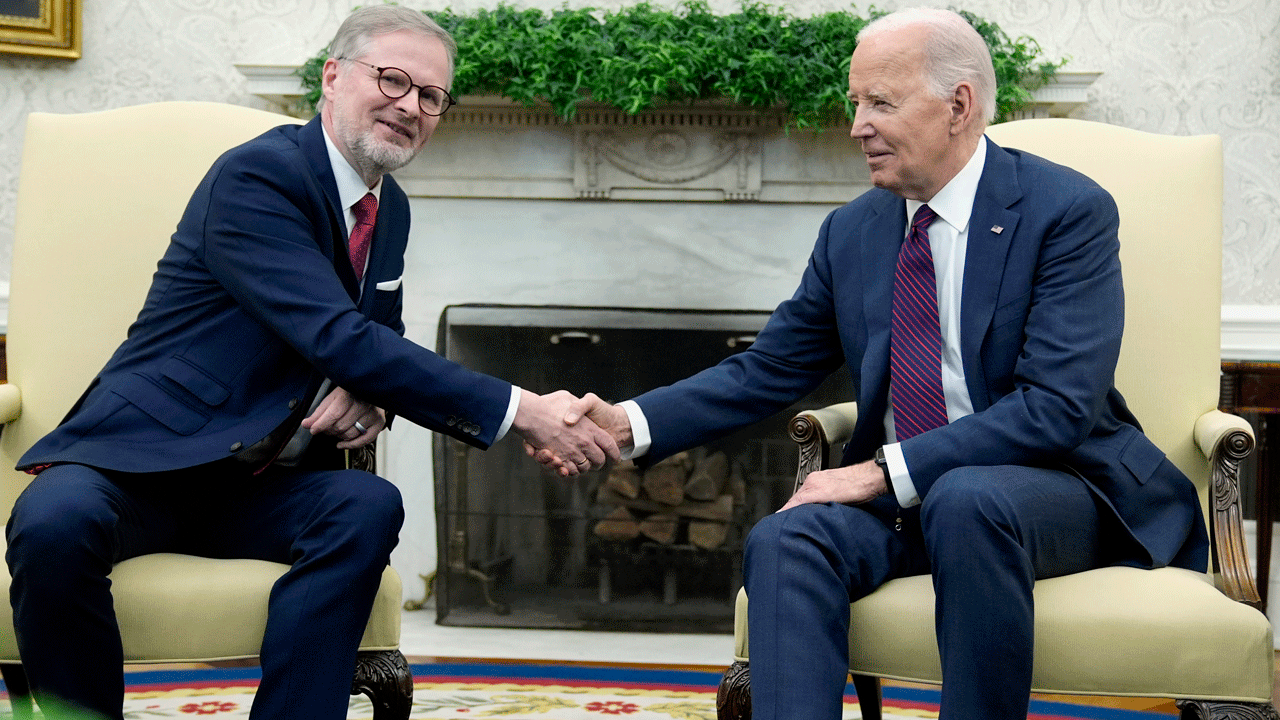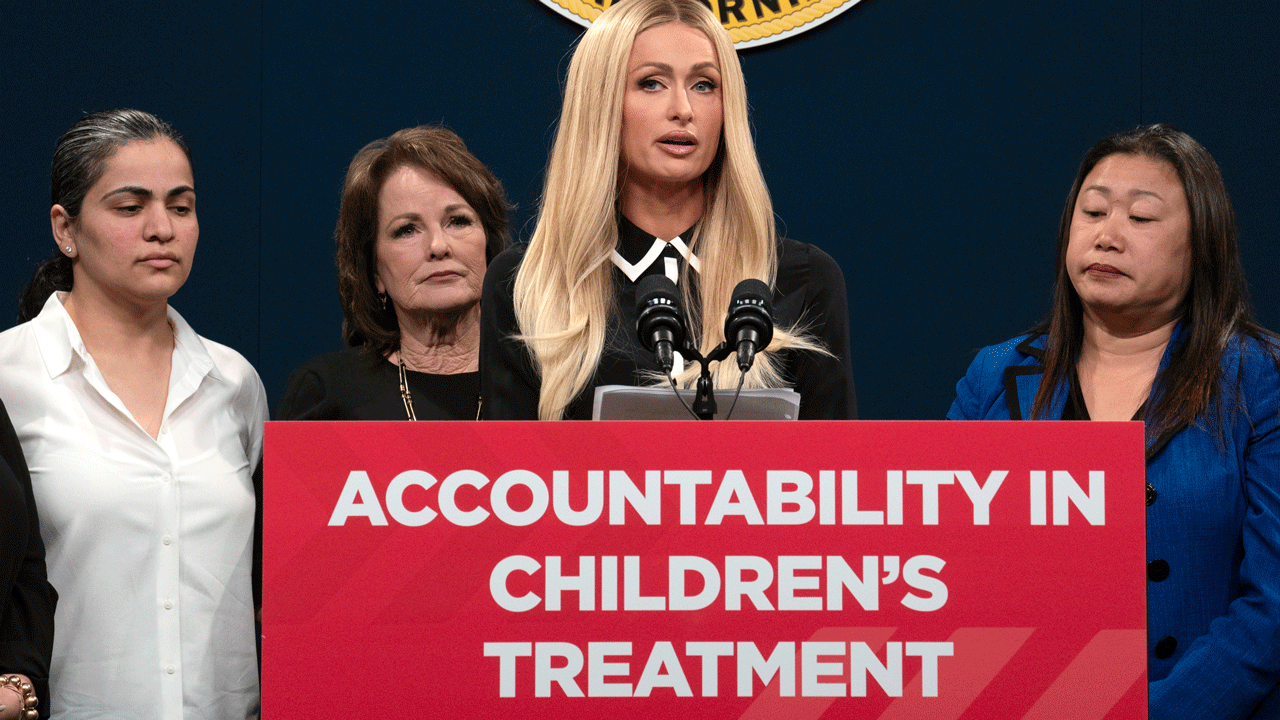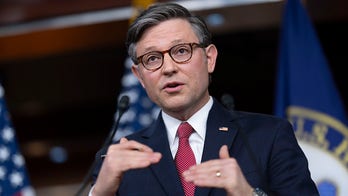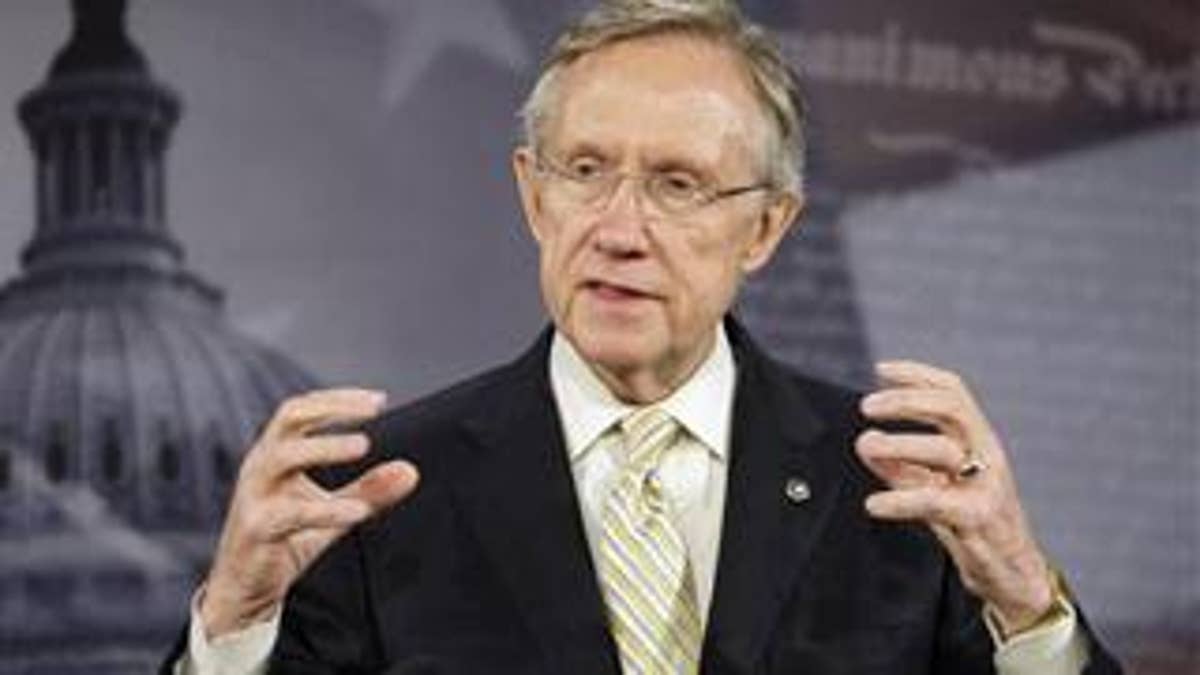
Senate Republicans sounded the alarm over government-backed health insurance Tuesday, saying Majority Leader Harry Reid's decision to stick the public option back into his bill could create a government-dominated insurance market.
As liberal Democrats cheered Reid's decision, Republicans warned that new taxes on insurers will lead to a rise in private plan premiums that they predict will give the government plan an unfair price advantage -- potentially drawing millions into it whether the customers want it or not.
"Whether you get insurance from your employer or whether you buy it on your own, your premiums go up," Senate Minority Leader Mitch McConnell said.
Sen. Charles Grassley, R-Iowa, cited estimates from the Congressional Budget Office that under the newly created insurance exchange -- a tightly regulated marketplace for private and public plans -- the premiums associated with private plans will go up.
"Let's hope Democratic leadership and the White House aren't willing to push a bill that forces 200 million Americans to pay higher premiums unless they enroll in the new government plan. But that is certainly what is sounds like," Grassley said in a statement.
Reid's proposal would create a national insurance plan that state legislatures can vote to opt out of. The plan would be set up with government seed money and then run by a private, not-for-profit board. Though the proposal was pitched as a compromise to appease conservative Democrats, Republicans denounced it as intrusive and overbearing.
"Ultimately I think the goal is to drive private insurers out of business by undercutting them, encouraging employers to drop the employees off of the employer-provided coverage, so that ultimately you end up with a single-payer government-run health care system for all Americans. I think that is the goal," Sen. John Cornyn, R-Texas, told Fox News.
Sen. Olympia Snowe, R-Maine, expressed similar concerns. Democrats had hoped to have Snowe's support, since she endorsed a different version of health care reform on the Senate Finance Committee. But she said she cannot back Reid's plan. She said Reid's government plan would have an unfair advantage, even though the national program would have to negotiate rates with providers just like private insurance companies do.
"It does give the government a disproportionate advantage in the marketplace. They can set ... the prices and certainly negotiate those prices at whatever level," she told Fox News, adding that she was "surprised and disappointed" by Reid's decision.
Snowe wanted a proposal that would "trigger" a public plan down the road if the insurance companies do not meet certain benchmarks. She told Fox News that the CBO indicated her plan would yield $10-$15 billion in savings.
She said the lack of GOP support "sends a terrible message that [Democrats are] no longer interested in working with Republicans."
Republicans weren't the only ones complaining. Connecticut Sen. Joe Lieberman, an independent who caucuses with Democrats, said he plans to vote against the bill. He said that while he's inclined to vote to move the measure to the floor for debate, he would also join a GOP filibuster against the bill if the public plan remains -- meaning Reid is still short of the 60 votes he needs to cut off debate.
Sen. Evan Bayh, D-Ind., also said Tuesday that he's uncommitted on Reid's plan.
"The question is, is this enough flexibility for states to account for their own circumstances? And the answer to that is perhaps. But I'd like to wait to see what's in the language," Bayh said, raising concerns that some provisions could "substantially increase the deficit."
Reid's office has not indicated how much taxpayers would have to put into the plan, but moderate Democrats are insisting that the government set it up and then step out of the picture and have the nonprofit, private board run the plan funded with customer premiums.
Despite the nail-biting by Senate moderates, other Democrats rejoiced that a government plan is carved into the bill tracking toward the Senate floor.
Sen. Bob Casey, D-Pa., told Fox News that even though he wanted a more robust version, he'll "certainly" vote for Reid's bill. He said the private insurance industry's "undue" power needs to be curtailed.
"We need competition. Insurance companies now have awesome power," Casey said.
Click here for more Foxnews.com coverage of the health care debate.
Fox News' Trish Turner contributed to this report.

